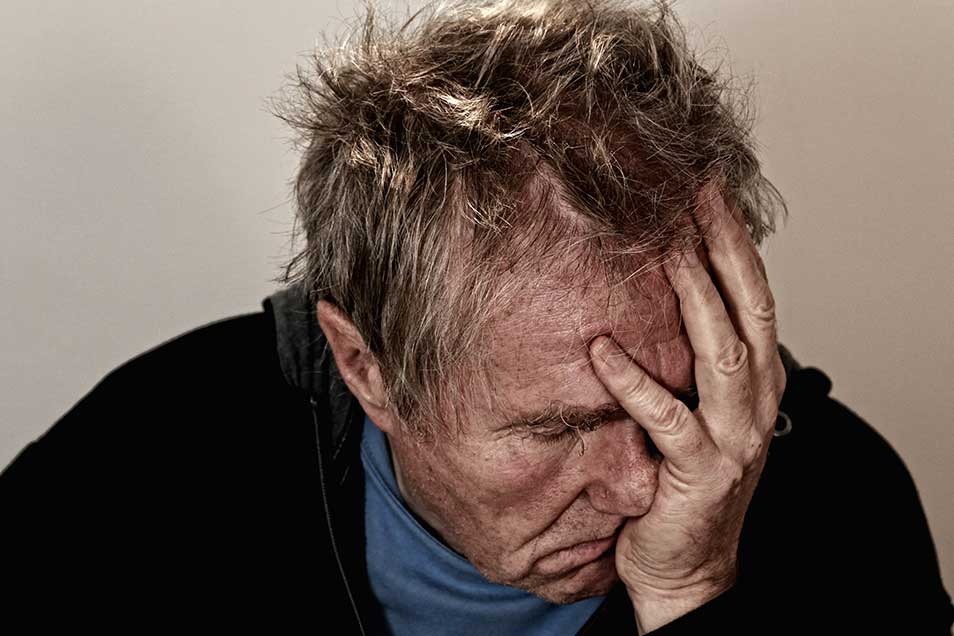The Signs of Codependency- National Codependency Awareness Month
January has been coined National Codependency Awareness Month. Codependency can begin to take its toll on you and the people around you as it causes one to funnel all their energy into others, without considering their own needs and desires. This National Codependency Awareness Month, we want to help you develop a deeper understanding of codependency so you can build happier, healthier relationships in the new year.
What is Codependency?
Codependency is an emotional or behavioral health condition in which one places excessive pressure and reliance on their partners, friends, and family. Codependency is typically a learned behavior and can negatively impact a person's ability to form healthy relationships that bring mutual satisfaction and joy. This is because those who are codependent on others tend to place everyone else's needs and desires above their own, which can promote a damaging dynamic in the relationship and negatively impact the self-esteem of both individuals.
Codependent behavior is associated with four main patterns:
- Self-sacrifice
- External focusing, or placing one's focus on others
- Interpersonal conflict and control, or a desire for control that causes conflict within the relationship
- Emotional constraint, or trouble recognizing, regulating, and expressing one's emotions
Signs of Codependency
While codependency has not been officially considered a mental health disorder and has no diagnostic criteria of symptoms, there are a few signs one can watch for to determine whether they, or someone else, is codependent. These signs of codependency can include:
- An excessive desire for praise and approval from others
- Extreme fears of being abandoned or rejected
- Placing one's self-worth in other's opinions of you
- Putting partners or loved ones on a pedestal and staying whether the relationship brings you joy or not
- Overwhelming yourself with tasks or work to receive gratitude from others or to make their lives easier
- Doing things you are not comfortable with to make others happy
- Feeling fearful of conflict and avoiding it at all costs
- Excessive apologizing or allowing yourself to take the blame to avoid conflict
- Ignoring your own needs and desires for the needs and desires of others
- Stress, anxiety, or guilt surrounding doing anything for yourself
- Acting controlling by making decisions for others
- Lacking a sense of one's own emotions, projecting the feelings and moods of others instead
- Struggling to locate one's own identity
How to Cope
Codependency can seriously affect your social relationships, mental health, and overall wellbeing. If you believe you are experiencing codependency, finding healthy ways to cope and find yourself again will allow you to begin living a happier, healthier life. A few coping tips include:
Making Time to Spend by Yourself
When you make little to no time for yourself, it becomes difficult to differentiate between the person you are and the person your partner is. You may find that you have yet to learn how to experience your own emotions, opinions, or where you even begin. Spending more time alone will allow you to build independence and find yourself again.
Pursuing the Things that Bring You Joy
When you throw your all into a relationship, the hobbies and activities that once brought you joy may fall by the wayside. Take a moment to consider the hobbies you loved before you jumped headfirst into your relationship and begin pursuing them again.
Practice Setting Boundaries in Your Relationships
Repeat after me: it is okay to say no. It is okay to say no if you have plans. It is okay to say no if you don't have the energy. No matter what your reason is, it is okay to say no. You have to start prioritizing your health and wellbeing, too. As the saying goes: you cannot pour from an empty cup. Setting healthy boundaries will allow you to build happier, healthier relationships.
Talk to a Therapist
If you are struggling with codependency, pursuing counseling may help you determine why you feel this way and find healthy coping mechanisms to help you break away from detrimental behaviors. Our skilled and educated therapists are here for you if you need guidance. Contact us today.
References
https://www.mhanational.org/co-dependency
https://link.springer.com/article/10.1007/s11469-018-9983-8
Keywords: counseling, therapist, counselor near me, codependency


